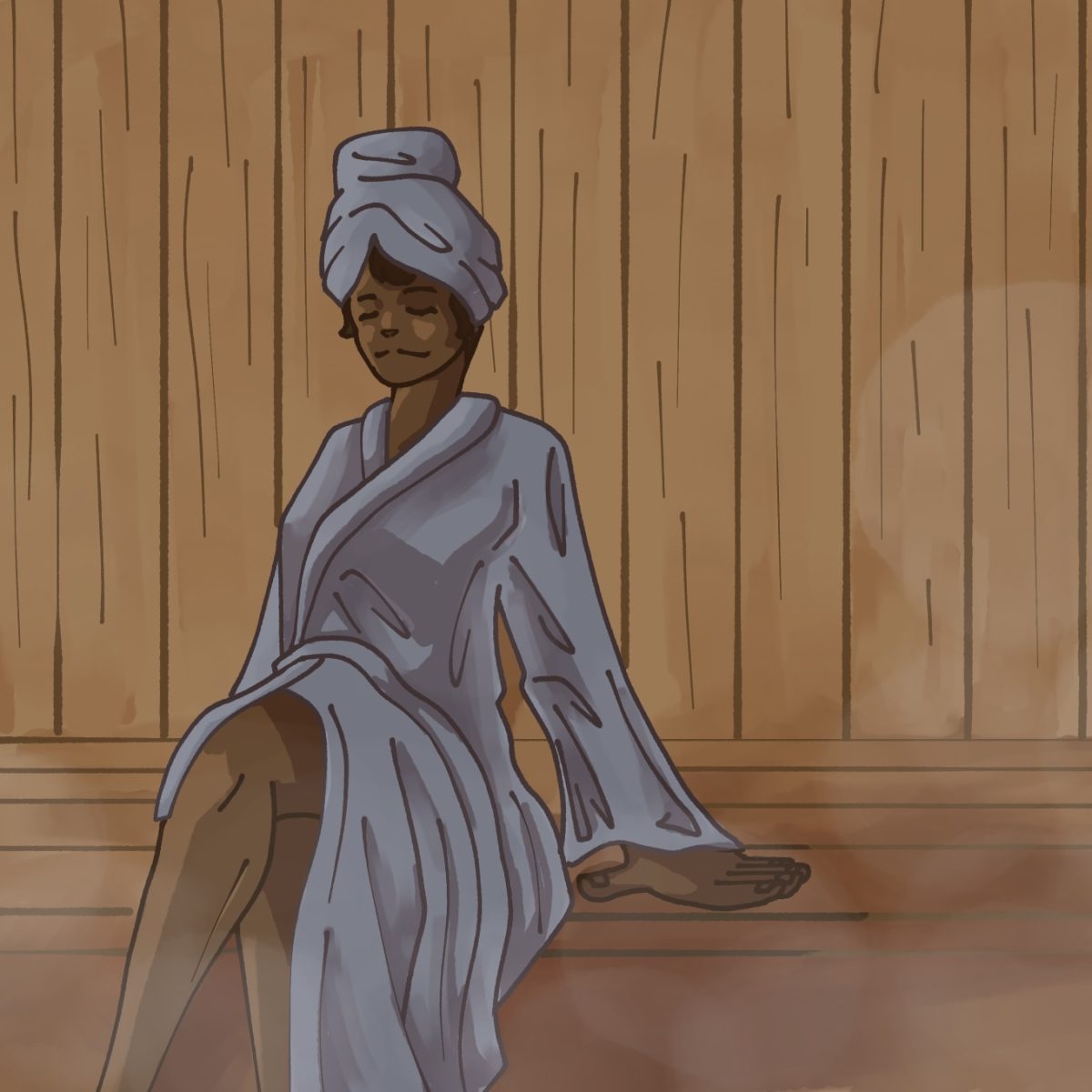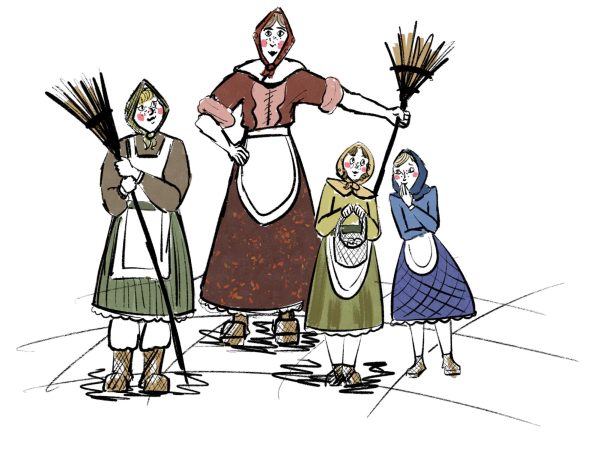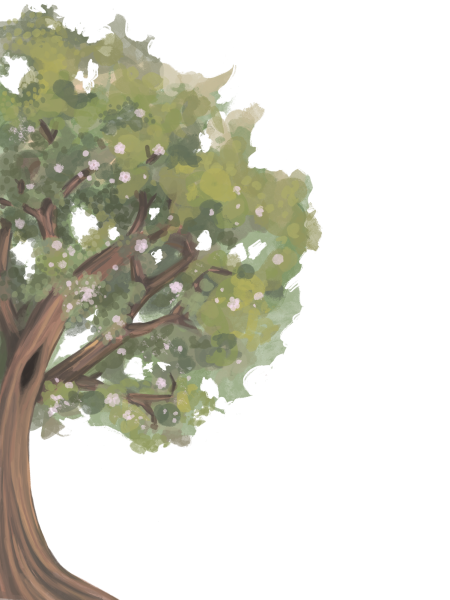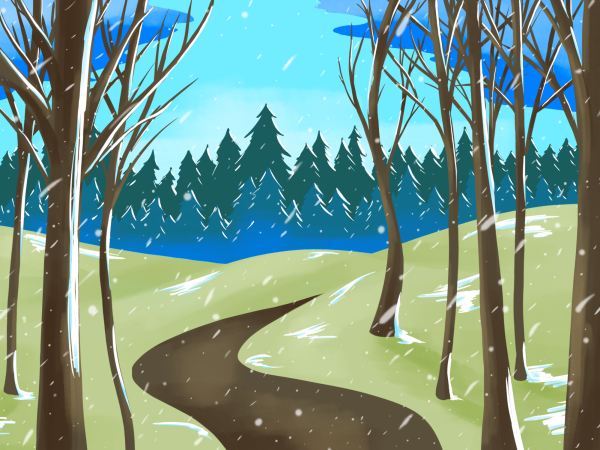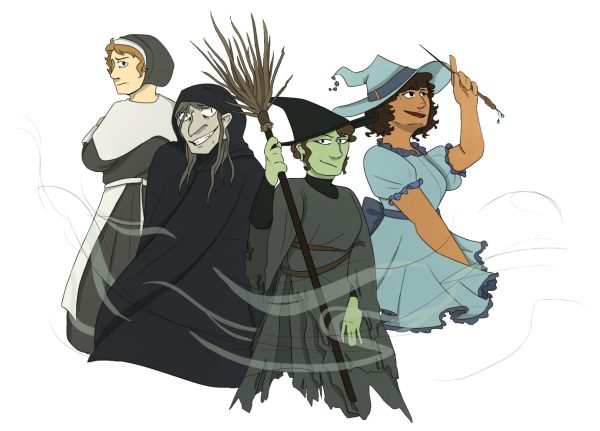Why does Fall have two names?
October 25, 2019
The beginning of the school year marks the beginning of fall for many Americans. Fall is when we see the leaves change color and when people begin to crave everything pumpkin spice.
Claire Huang, 22’, loves fall; she says, “I like walking to school everyday and seeing all of the leaves changing colors and falling. It’s really pretty.”
Like most Americans, Huang says “fall” and even says “saying autumn is au-dumb.”
With that said, why on the other side of the world, do people say autumn? Which name came first. and why do people in different places use “fall” over “autumn”?
If people look at historical records, there actually wasn’t any fall. There wasn’t actually spring either. The first season was winter. According to livescience.com, the name “winter” originated from an unknown root word meaning “wet,” and it was coined over fifteen hundred years ago. Back then, the Anglo-Saxons just used this one bitter season to differentiate time.
The word “summer” came next, rooted in the Germanic “sumer”. For a long time, even as late as the 18th century for the Americas and Europe, years were only separated into two seasons.
“Spring” was coined a lot later, and the first name was not “spring”. In the 12th and 13th century Middle English, spring was called “lent” or “lenten”, referring to religious observance. Eventually other names were created like the one we know now, but also “spryngyng tyme”, “ver”, “primetemps” and others. It wasn’t until the 17th century that “spring,” coming from the phase “spring of the leaf,” was the accepted name for the season.
Now moving on to “fall” or “autumn.” According to Merriam-Webster dictionary, autumn actually came first, appearing in English literature as far back as the 1300s. The name quickly became widespread since the prior name, “harvest,” was confusing because it referred to the season and the literal harvesting of crops.
As the centuries rolled by, new phases for the season walked into the spotlight and “fall of the leaf” was one of them. Obviously, this name became one of the most popular since everybody knows the shortened version of the phase, “fall,” today.
Around the same time, the British empire was expanding and “autumn” and “fall” traveled across the Atlantic to the New World. “Autumn” actually was a lot more popular in America in the beginning. “Fall”, as in the season, was not even entered into the English dictionary until 1755.
A lot has changed since 1755, and no one is quite sure why the switch between “autumn” to “fall” was made in America. Either way, what we know is that “autumn” and “fall” basically mean the same thing.
Is autumn actually au-dumb like Huang said? It depends. With this said, both names are real words in the dictionary.
Maybe in a thousand years people in America will be saying “autumn” instead of “fall” or vice versa. All of the seasons could have different names. There could even be more than four seasons, for all we know.


